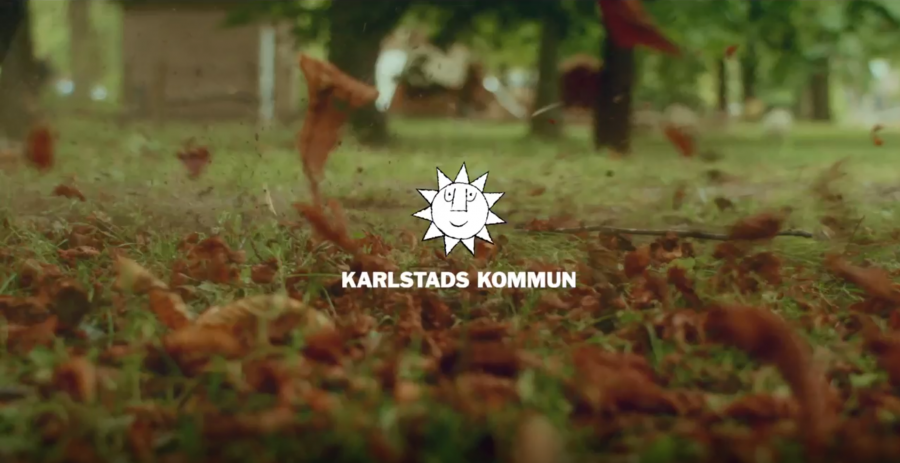New research published by Play England shows that playing out increases children’s physical activity.
At a time of continuing concerns about childhood obesity, the research shows how playing out helps children meet daily targets of physical activity.
The reports evaluate the three-year Street Play project, funded by the Department of Health, and delivered by Play England with partners Playing Out, London Play and the University of Bristol.
The highly successful Street Play project has supported parents and communities to hold regular road closures enabling children to play out in 33 geographically diverse areas, with a sustainable network of over 5,000 volunteers creating over 60,000 additional play opportunities.

The evaluation report ‘Why temporary street closures for play make sense for public health’, was written by Professor Angie Page and colleagues at the University of Bristol.
Children wore accelerometers and GPS which showed that physical activity gained during temporary street closures made a meaningful contribution to daily physical activity for both boys and girls. Researchers also found that outdoor, active play was more likely to replace sedentary and screen-based activities, than physical activities that normally occur after school.
Street Play initiatives can therefore help children to meet the daily target of 60 minutes moderate to vigorous physical activity set out in the government’s obesity strategy.
Since the funded project’s conclusion in March 2016, over 500 streets in 45 different local authority areas are involved in active street play.
The second report ‘Street play initiatives in disadvantaged areas: experiences and emerging issues’ is written by researcher and author Tim Gill in response to concerns about the decline in children’s opportunities for outdoor play.
Based on interviews with people involved in schemes across five local authorities, this report highlights a range of factors that influence the likelihood of success of street play initiatives in disadvantaged areas, such as the need to streamline local authority application procedures and remove cost barriers, as well as noting the importance of local sources of practical support working alongside local authorities. It recommends adapting the street play model for housing estates as well as supporting where children spontaneously play already in neighbourhood streets.
Nicola Butler, Chair of Trustees, Play England, said: "Children’s time spent outside is falling, particularly amongst girls. Yet the evidence is clear. When children play out they are three times more likely to be physically active. Giving children access to free outdoor play opportunities is the best way of tackling problems like obesity. Not only is active play physically good for children and young people, it helps their mental health too. We need more initiatives like street play at the heart of the government’s health and wellbeing agenda."
Professor Angie Page, University of Bristol, said: "We know that time spent outdoors is related to greater daily physical activity and reduced risk of obesity. However, few interventions are effective at increasing physical activity in the local environment. This resident-led intervention shows the potential for meaningful increases in physical activity as well as social benefits to both children and the communities in which they live. It is relatively low cost, scaleable and potentially sustainable – this is why it makes sense for public health."
Tim Gill, author and researcher, said: “My study shows that play streets are not just for up-and-coming urban areas and leafy suburbs: they can succeed in poorer areas too. However, local authorities must make the bureaucracy as simple as possible, and give practical help to residents, if they are to reach the most disadvantaged neighbourhoods.”
Paul Hocker, Director, London Play, said: “Street play is a no-brainer when it comes to promoting active childhoods. It deftly dodges two of the main barriers that prevent unsporty children from being active. Firstly, play is not prescriptive, whereas organised sport demands particular skills and a grasp of rules to participate. Secondly, it is the ultimate in accessibility because it takes place right on your doorstep. Fun outside your front door. Who wouldn’t want to go out and join in with that?”







